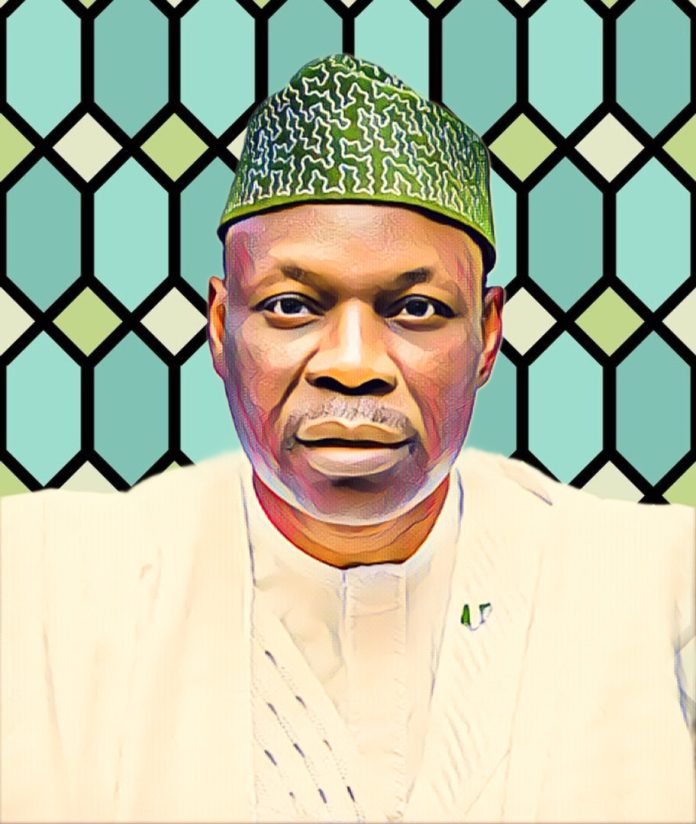KEY POINTS
- Nigeria expands health insurance and primary care services.
- Health workforce and infrastructure investments drive system resilience.
- Digital transformation enhances monitoring, accountability, and efficiency.
The federal government said it is taking steps to improve healthcare across the country.
The goals of the projects are to make it easier for vulnerable groups to get help, work together, and stay safe.
Minister of State for Health, Dr Iziaq Salako, launched the idea during the 2025 Joint Annual Review. The review examines progress, identifies gaps, communicates learning, and fosters accountability across states.
The 2025 theme, “All Hands One Mission,” stresses frontline workers’ dedication.
Reforms under the Nigerian Health Sector Renewal Investment Initiative pursue Universal Health Coverage. They also desire better health security and efficient, equitable service delivery.
Pillars of transformation address governance, financing, and service delivery
Salako outlined four fundamental pillars: government, financing, service delivery, and community participation. They aspire to transform planning, funding, and monitoring across Nigeria’s health sector.
President Bola Tinubu’s government is working to close the gaps and expand insurance coverage. They are bringing back primary healthcare clinics and making it easier for different agencies to work together.
Progress from 2018 to 2023 shows considerable gains. Maternal mortality reduced from 576 to 512 per 100,000 live births. Under-five mortality reduced from 132 to 110 per 1,000, while skilled birth attendance rose to 53 percent. Immunization rates went up to 39%, and 20% of married women used birth control.
The Basic Health Care Provision Fund can currently take in 78% of what it needs. More than 20 million Nigerians are enrolled in the National Health Insurance Authority. We have hired more than 37,000 health workers and are offering incentives to keep them. More and more infrastructure changes, digital health systems, and solid supply networks are happening.
Technology and partnerships make things more efficient and accountable
There are now more than 500 infrastructure projects going on around the country. The Power for Health program makes sure that health institutions always have power. The National Digital Health Architecture makes data systems work together better, which makes planning and transparency better. Strengthening surveillance, lab capability, and readiness for an outbreak.
Salako asked for more involvement from states and municipal governments. Donors and partners should try to work toward the same goals as the country as a whole. Minister Prof. Muhammad Pate said again that he is committed to making sure everyone can use the system and that it is strong.
The Joint Annual Review brought together health ministry officials, policymakers, donors, and civil society to develop plans for 2026.



